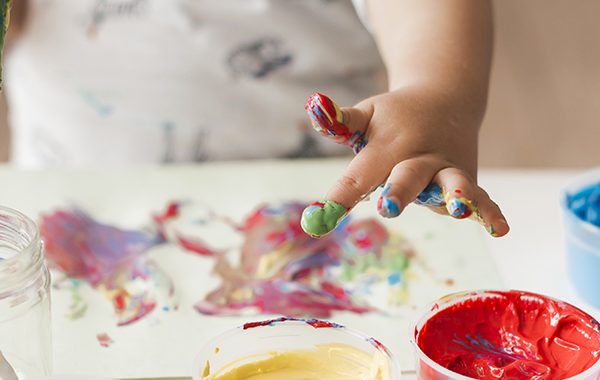Confidence in oneself is vital to ensuring the success of your children not only at school, but throughout life. However, it is not something one is born with!

How can you help your little ones build self-confidence?
Confidence in oneself is vital to ensuring the success of your children not only at school, but throughout life. However, it is not something one is born with – it develops over time. Here are a few tips to help with building your child’s self-esteem.
1. Be interested in the child and his or her activities
Some children have low self-esteem because their parents do not pay enough attention to them. Ask your child what he or she likes, what was happening at school, how he or she is planning to solve a problem they face, and so on. The important thing is to show the child that they are important to you and their activities interest you. The sense of being important will help build the child self-image.
2. Compliment your child often
Complimenting your child frequently helps them feel confident. Comment on his or her behaviour, physical appearance, and school grades (even if he or she is not at the top of the class). Tell your kid how proud you are of his or her accomplishments. Regularly tell your child how beautiful, intelligent, and strong he or she is, and how far you see them going in life.
3. Teach your child to be assertive
To be able to be assertive, your child must have confidence in themselves. To develop the ability to say just what he or she thinks to others, your child needs to know themselves and their likes and dislikes well. Ask him or her what their preference is in a particular activity, for example, or encourage your child to make a choice between different options, such as choices for desserts, so that the kid gets practice in making decisions and being assertive.
4. Help your kid overcome fears
Through visualization, it is possible to transform a traumatic element, such as a monster, into something positive. The exercise includes creating a comfortable mental image that helps the child overcome something that bothers them and prevents feeling confidence about the future. For example, if the child is very afraid of monsters, ask him or her to transform the traumatizing creature into a nice dragon that breathes fire and protects from the bad guys. In the future, whenever the child is afraid of going to sleep because of the fear of monsters, refer him or her to the thought of the gentle dragon keeping watch. The idea here is to help the child transform traumatic images into those that are comforting and soothing.
5. Show the child affection and love
Nothing works better than a hug, an admiring and tender look, a kiss, or a gift to make a child feel loved and important to those around him or her. Do not neglect this. The more you give the child love and affection, the more he or she will believe in themselves and their abilities.






